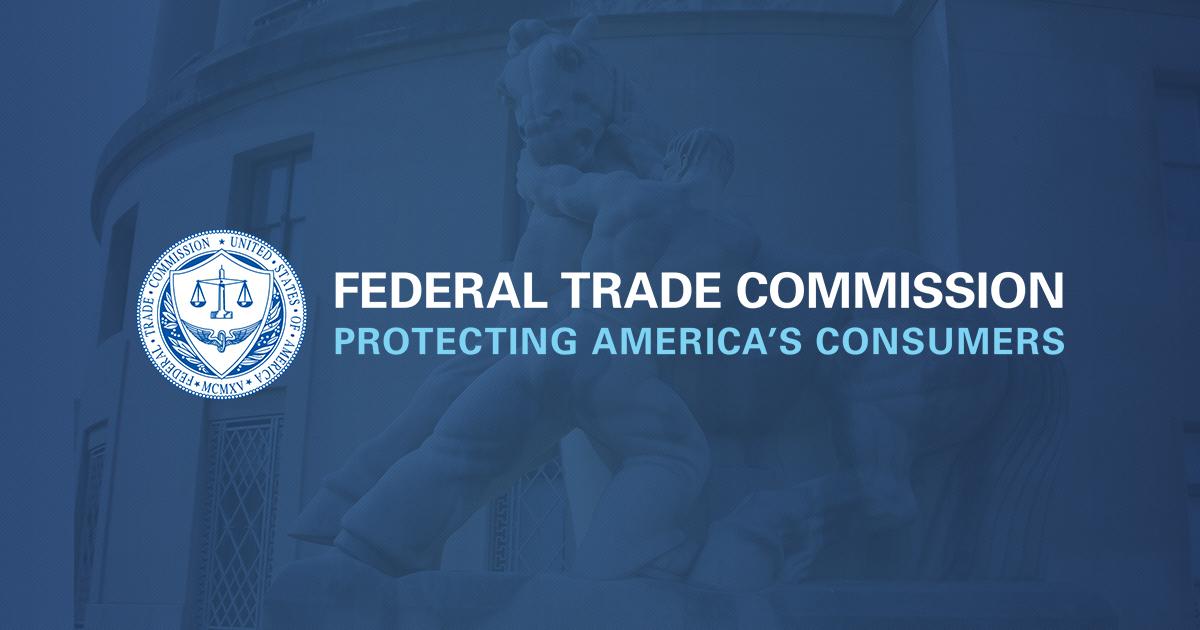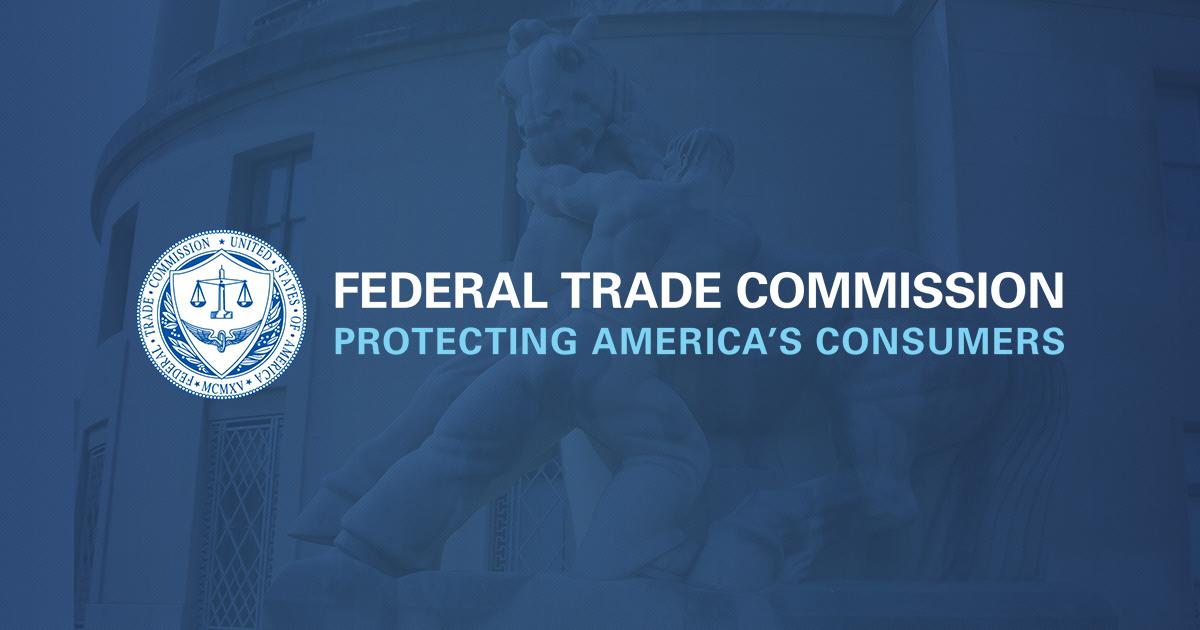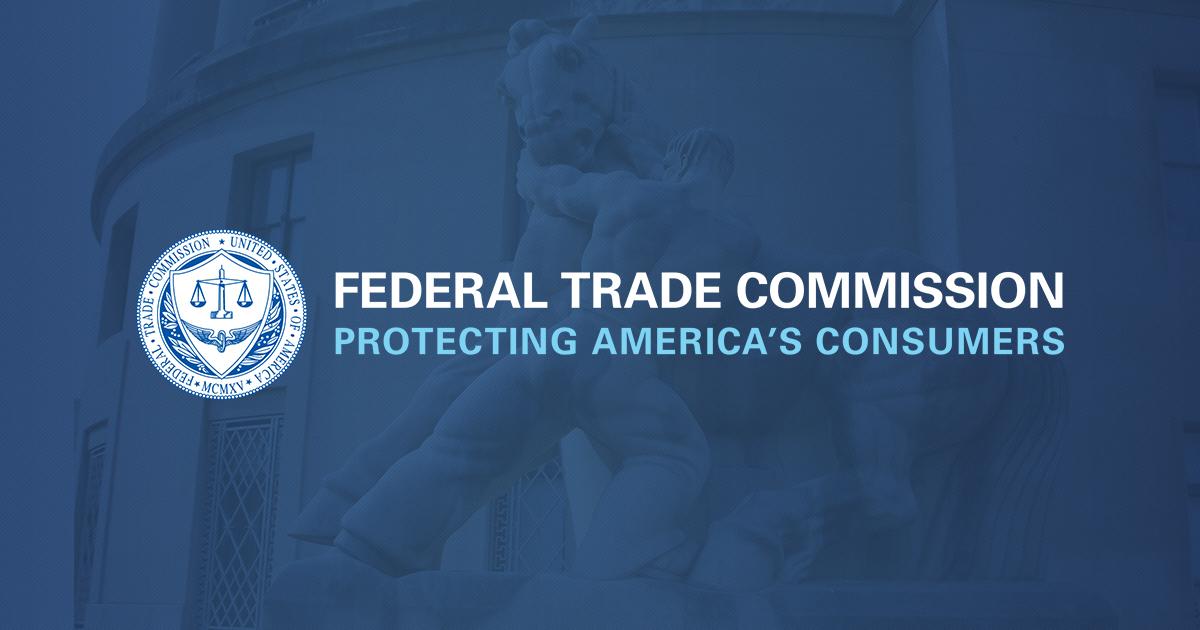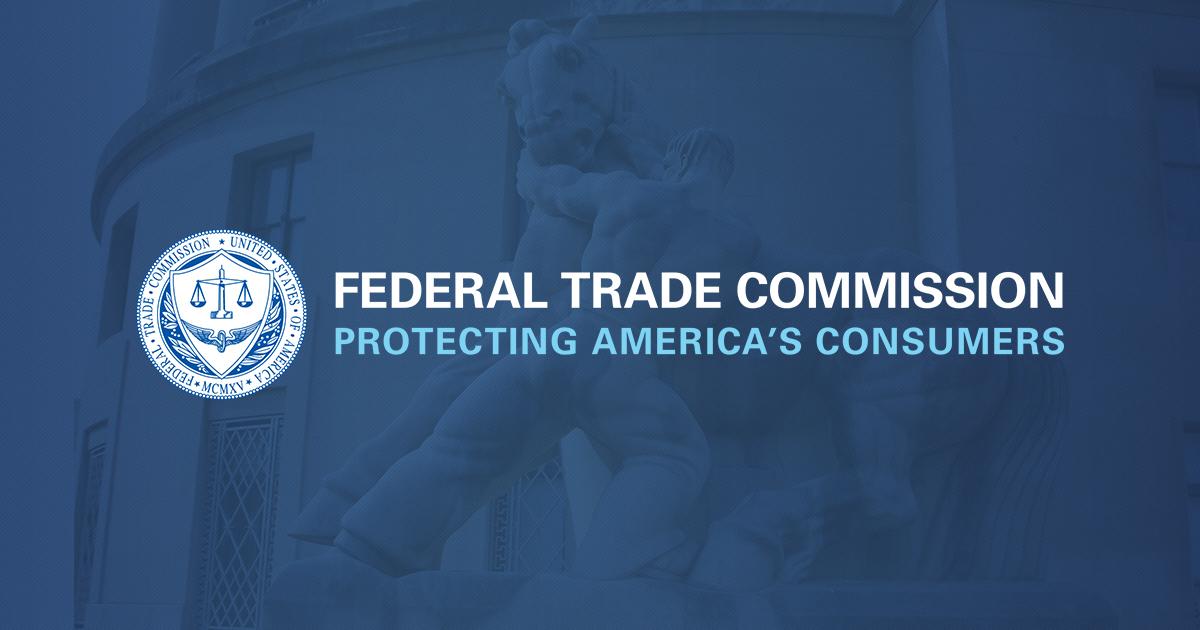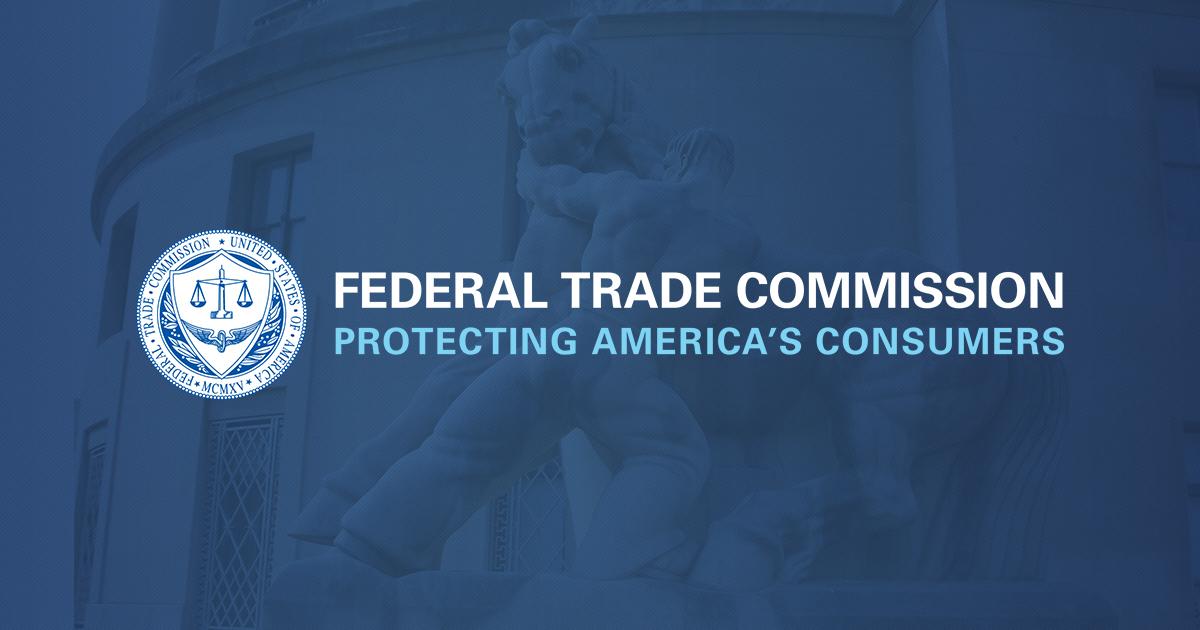NXP Semiconductors N.V. has agreed to sell its RF power amplifier assets in order to settle FTC charges that its proposed $11.8 billion acquisition of Freescale Semiconductor Ltd. is anticompetitive.
According to the complaint, without a divestiture, it is likely that the proposed merger would substantially lessen competition in the worldwide market for RF power amplifiers, likely resulting in higher prices and reduced innovation.
The Netherlands-based NXP and the Austin, Texas-based Freescale develop and manufacture semiconductor products for a wide range of electronic systems. According to the complaint, the worldwide market for RF power amplifiers – semiconductors that amplify radio signals used to transmit information between electronic devices such as cellular base stations and mobile phones – is extremely concentrated, with Freescale and NXP supplying more than 60 percent, and Infineon Technologies AG as the only other significant competitor.
The proposed consent order preserves competition by requiring NXP to divest all its assets that are used primarily for manufacturing, research, and development of RF power amplifiers to the Chinese private equity firm Jianguang Asset Management Co. Ltd. These assets include a manufacturing facility in the Philippines, a building in the Netherlands to house management and some testing labs, as well as all patents and technologies used exclusively or predominantly for the RF power amplifier business, and a royalty-free license to use all other NXP patents and technologies required by that business. The divestiture also includes all of NXP’s RF power amplifier employees and managers.
The divestiture package provides Jianguang Asset Management with the assets it needs to compete effectively in the RF power amplifier market and successfully replace the competition that otherwise would have been lost through the proposed acquisition. NXP must refrain for two years from soliciting its former employees and managers. A monitor will oversee NXP’s compliance with the obligations set forth in the order, and if NXP does not fully comply, the Commission may appoint a divestiture trustee to ensure that the terms of the order are met. Further details about the divestiture are set forth in the analysis to aid public comment for this matter.
Throughout the investigation, Commission staff cooperated with staff of the antitrust agencies in the European Union, Japan and Korea, including on the analysis of the proposed transaction and potential remedies, to reach compatible approaches on an international scale.
The Commission vote to issue the complaint and accept the proposed consent order for public comment was 4-0. The FTC will publish the consent agreement package in the Federal Register shortly. The agreement will be subject to public comment for 30 days, beginning today and continuing through December 28, 2015, after which the Commission will decide whether to make the proposed consent order final. Comments can be filed electronically or in paper form by following the instructions in the “Supplementary Information” section of the Federal Register notice.
NOTE: The Commission issues an administrative complaint when it has “reason to believe” that the law has been or is being violated, and it appears to the Commission that a proceeding is in the public interest. When the Commission issues a consent order on a final basis, it carries the force of law with respect to future actions. Each violation of such an order may result in a civil penalty of up to $16,000 per day.
The FTC’s Bureau of Competition works with the Bureau of Economics to investigate alleged anticompetitive business practices and, when appropriate, recommends that the Commission take law enforcement action. To inform the Bureau about particular business practices, call 202-326-3300, send an e-mail to antitrust{at}ftc{dot}gov, or write to the Office of Policy and Coordination, Bureau of Competition, Federal Trade Commission, 600 Pennsylvania Ave., NW, Room CC-5422, Washington, DC 20580. To learn more about the Bureau of Competition, read Competition Counts. Like the FTC on Facebook, follow us on Twitter, and subscribe to press releases for the latest FTC news and resources.

